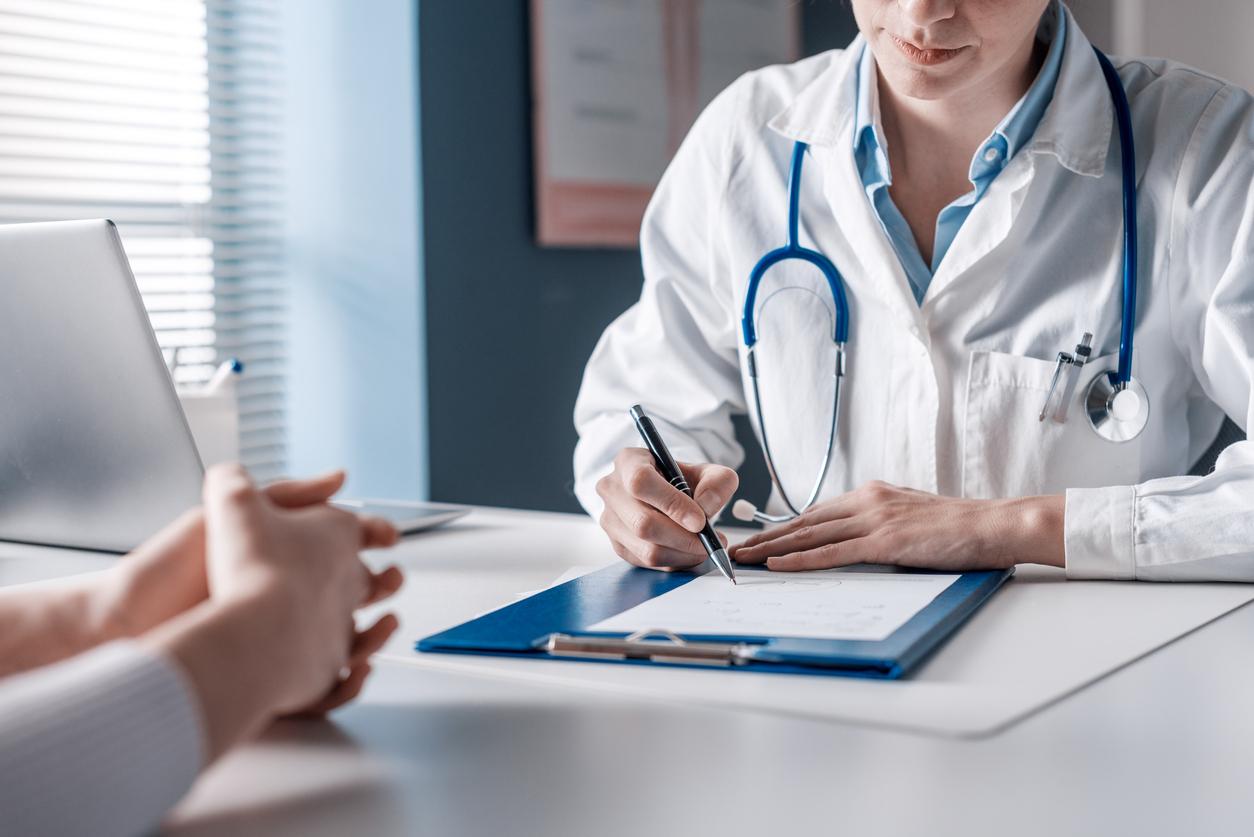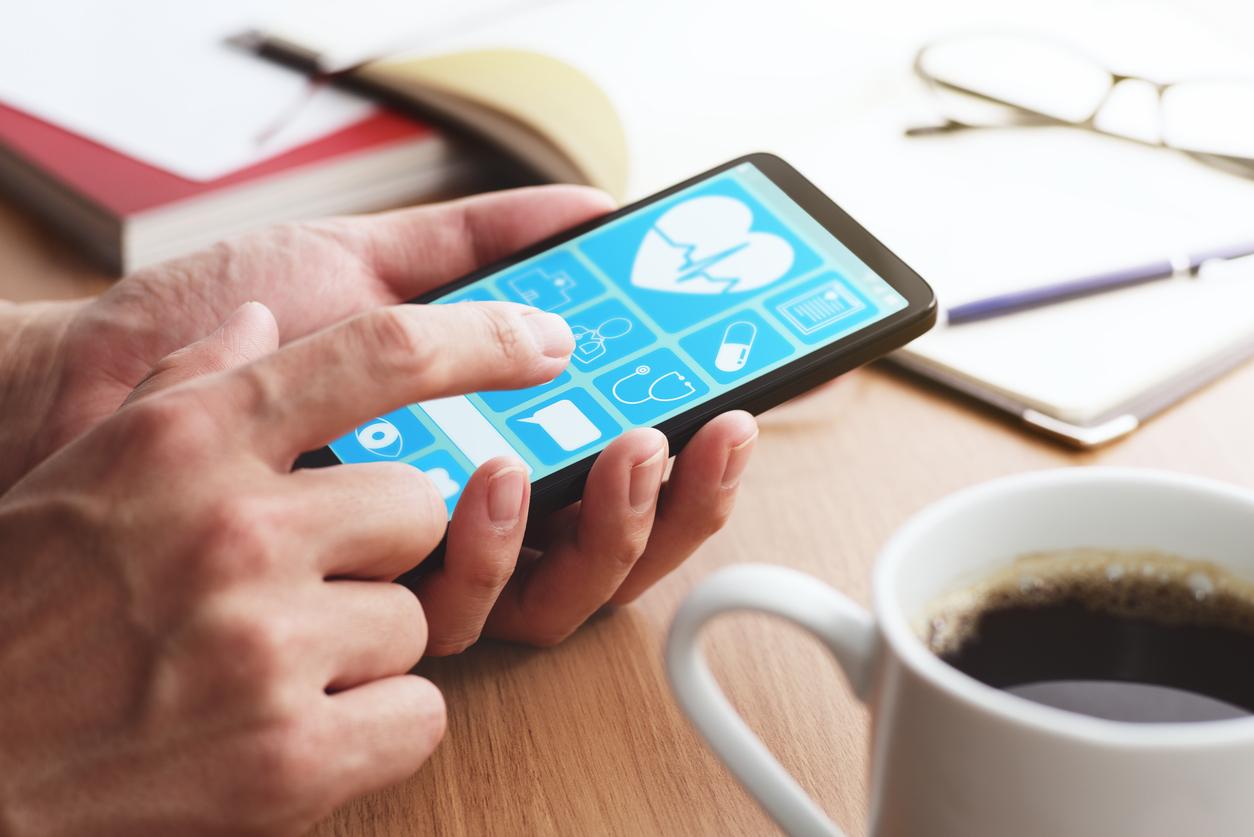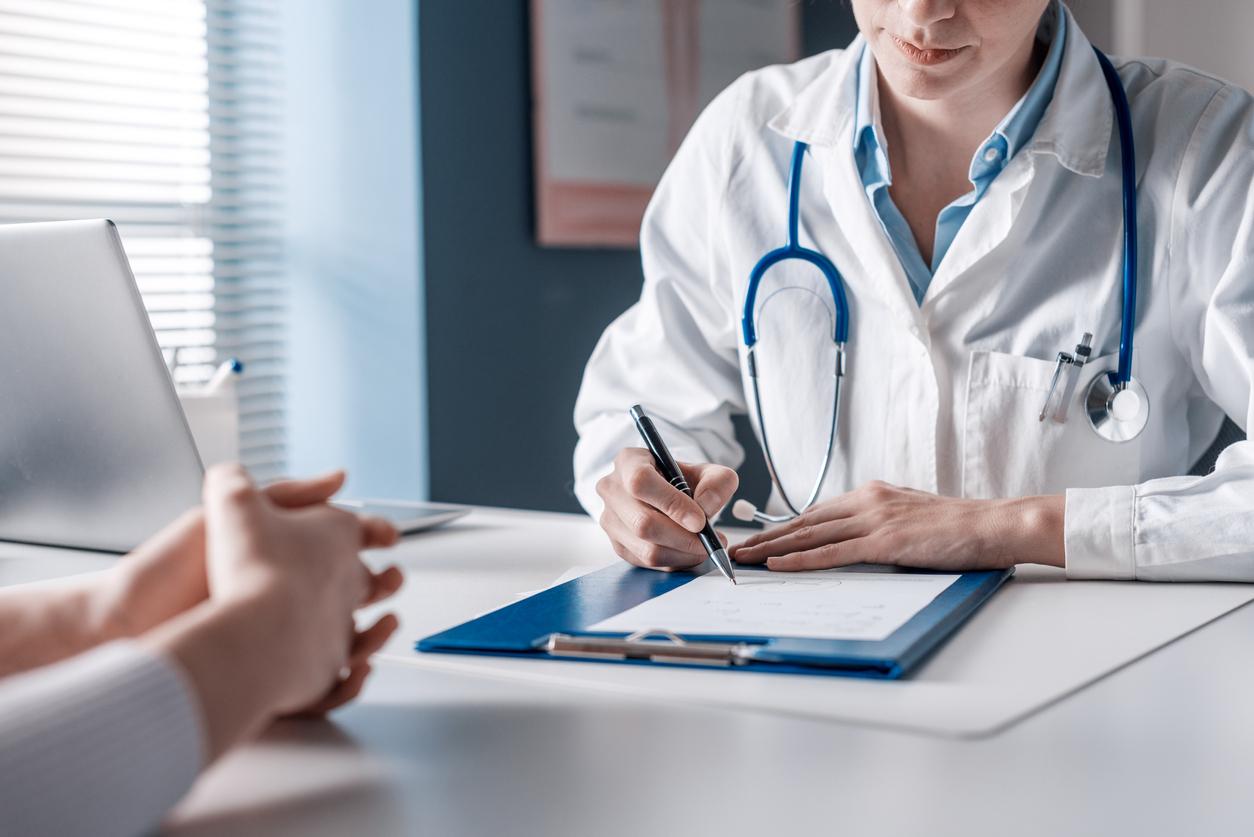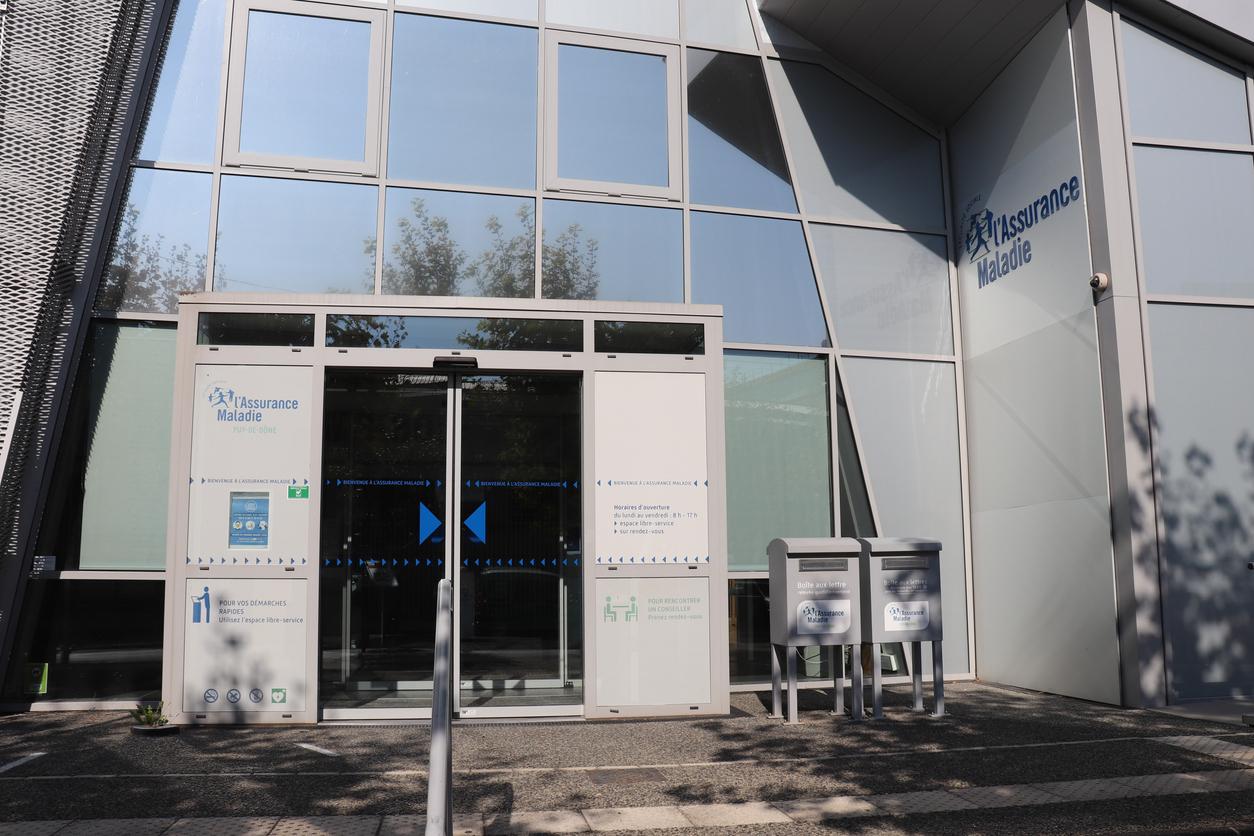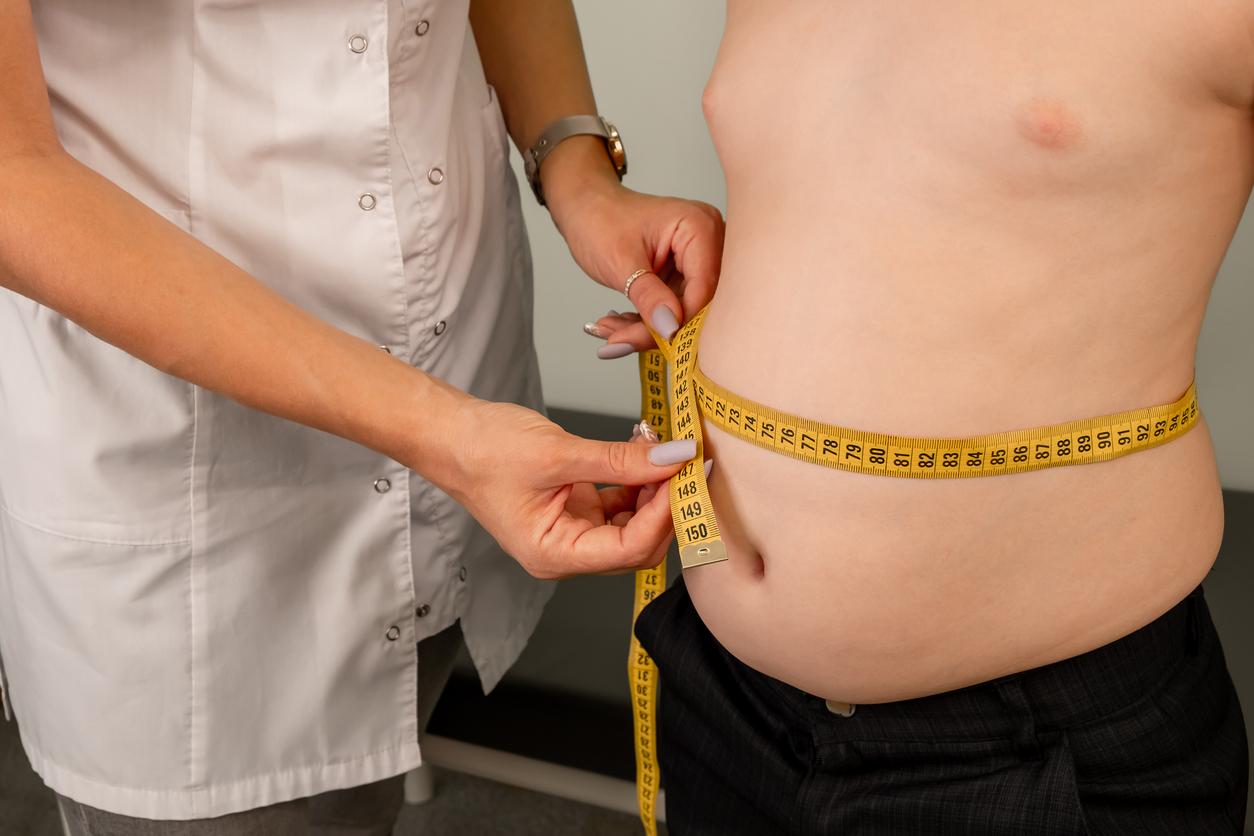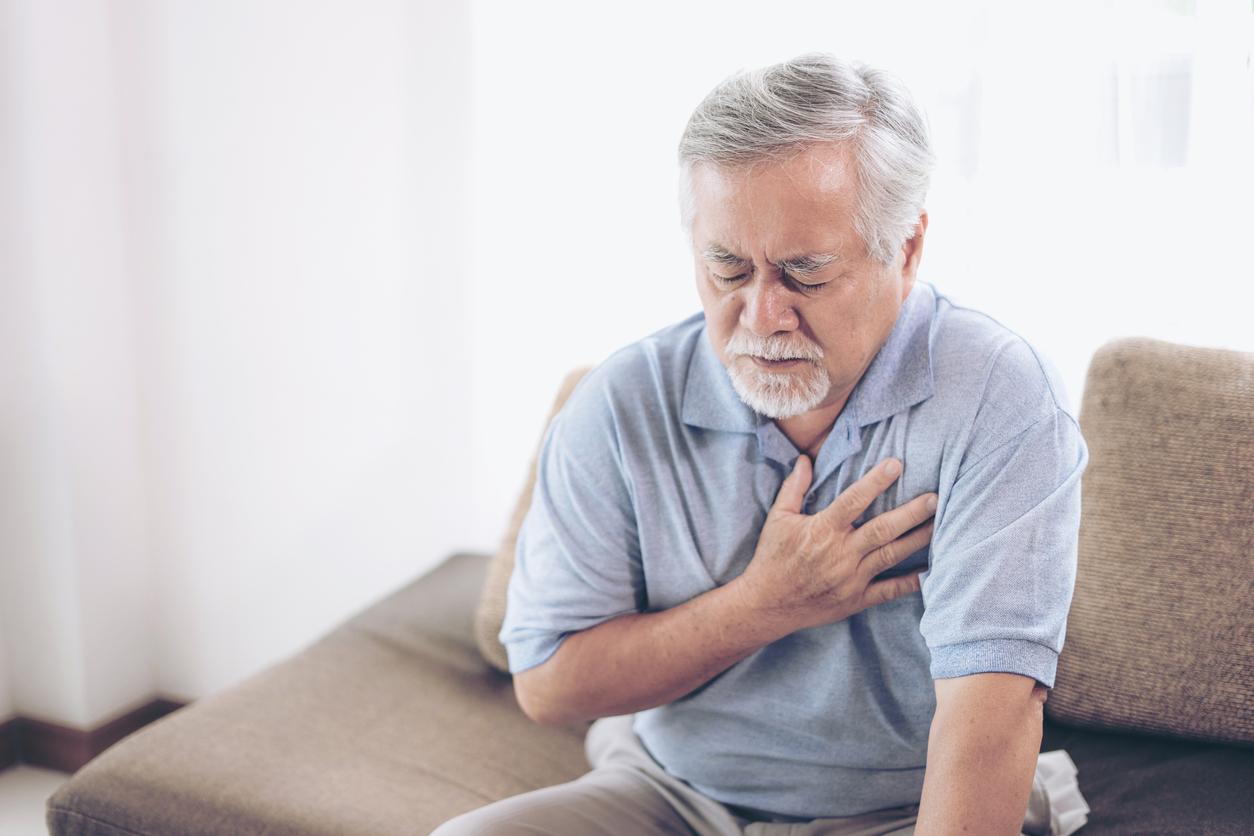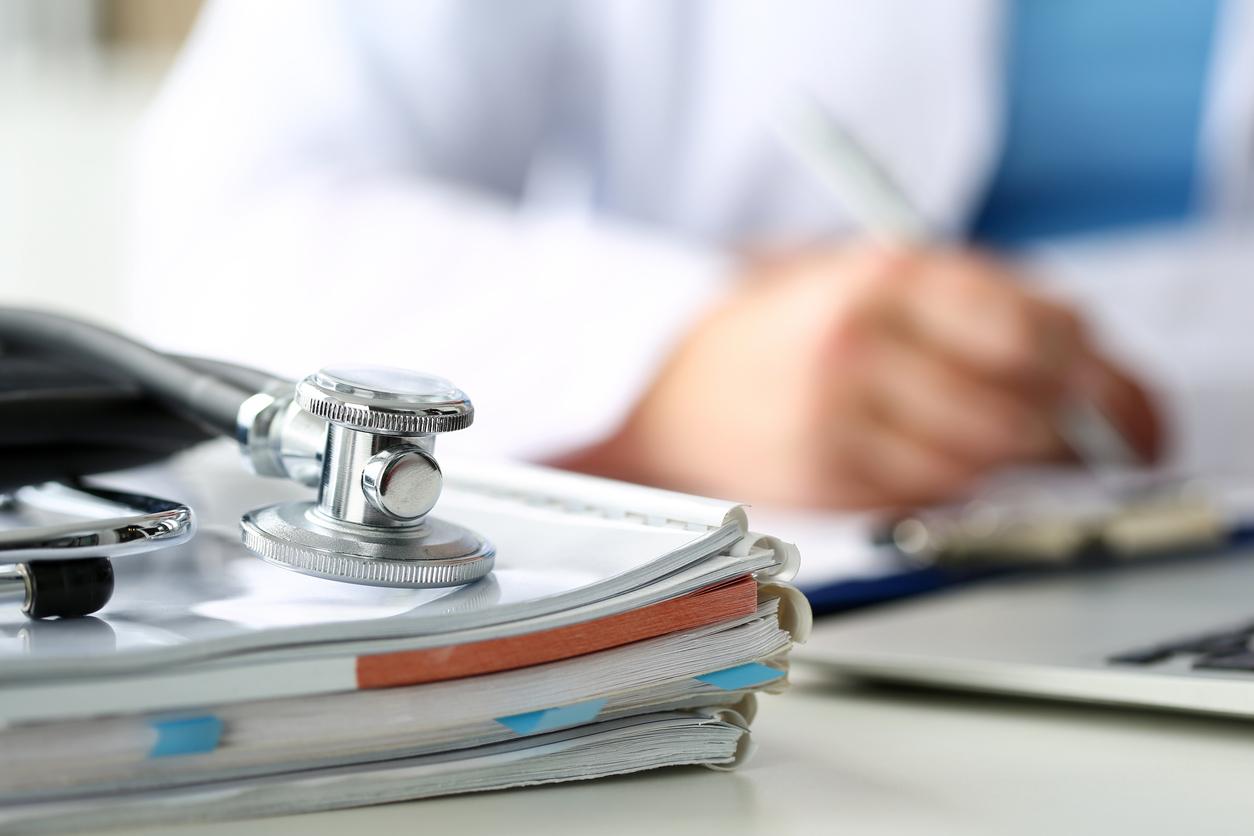Almost three quarters of French people are open to generic drugs when they are sick. They have the trust of patients, but also of doctors.
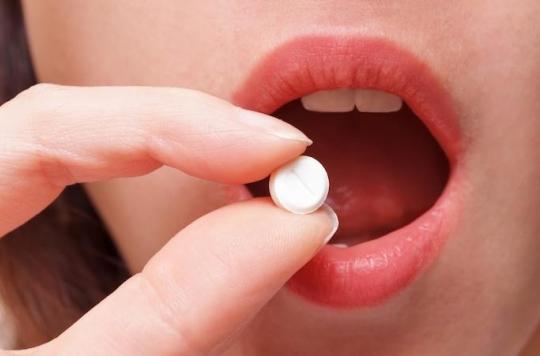
“Becoming generic has to be earned”. The information campaign on generic drugs, launched in 2016 by the National Medicines Safety Agency (ANSM) and Health Insurance, seems to be bearing fruit. As the second campaign begins this Friday, the confidence barometers * are all in the green.
Patients are showing themselves more and more open to the use of generics when they are sick. For classic ailments, 73% of French people questioned today say they are in favor. For chronic diseases, patients are still attached to brands: only 58% are ready to switch to generics. However, they were only 52% in 2016.
Doctors also help
This favorable development, helped by information campaigns, is undoubtedly also due to the involvement of general practitioners. Three quarters of them are ready to prescribe it, which is better than in 2016: they were only two thirds (68%) at the time.
The surveys carried out also show that the dialogue between practitioners and patients has opened. Three in four doctors talk about it regularly with their patients, and one in five patients say they talk about it with their doctor.
Preserved efficiency
The reasons justifying the use of generics also seem to be well understood. The general public, in majority (58%), know that these drugs are manufactured according to the same regulations, and understand the economic benefit for Medicare. For their part, doctors are now 75% to be convinced that they can also be used for serious diseases such as cancer.
“The demonstration of bioequivalence means that the generic drug behaves in exactly the same way as the original drug in the human body. They therefore have the same effectiveness and the same probability of having side effects or not, ”recalls Professor Stéphane Mouly, from the department of internal medicine at Lariboisière hospital in Paris.
More than 8 out of 10 drugs
The information and encouragement effort on the part of the health authorities is reflected in the prescriptions: 45% of them concern generics in 2016, against 43% two years earlier.
Pharmacists come in second line: they can replace, unless otherwise specified, a prescription of originator – the trademark – by a generic drug. And the substitution rate is increasing, too. For the first 5 months of 2017, it stands at 84%, very slightly below the objectives for the year, set at 86%.
An effort to continue
Despite all these good results, and to achieve the objectives, the Health Insurance wishes to continue the information effort, via the websites ofAmeli and www.medicaments.gouv.fr, on social networks, but also among doctors and pharmacies.
Since this Friday, a question / answer platform is open, to dialogue with healthcare professionals. Quizzes and educational videos are also posted. Finally, spots will be broadcast on television and radio from October 14.
Generic drugs are on average 30% cheaper than originator drugs. Each year, their use would save 1.3 billion euros.
Barometers of knowledge, perceptions and practices of the public and health professionals (general practitioners and dispensing pharmacists) about generic drugs (2016 and 2017) – BVA Institute for the Cnamts.
2017 BVA barometer: 87% of people who use generic drugs instead say they have not encountered any particular problems, compared to 83% of people who use brand-name drugs instead.
countryside









